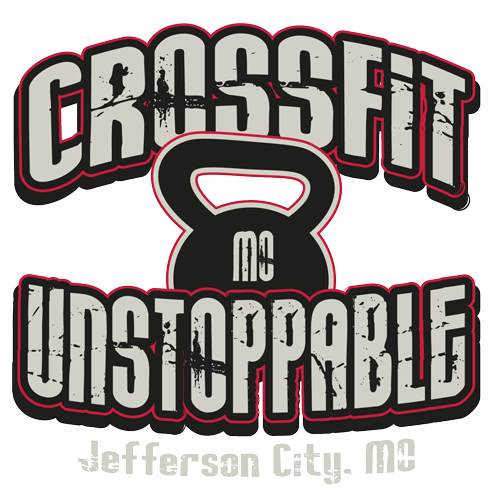Good read here via the Tabata Times…one of my favs. If you haven’t liked CrossFit Unstoppable on Facebook, please do so as I share videos/articles that are pertinent to CrossFitters.
5 Whiteboard Misconceptions That Are Ruining Your CrossFit Experience
by CHELSEA SHERMAN

The whiteboard is a central part of the CrossFit experience. Whether your box uses a traditional whiteboard with dry erase markers or the fancy virtual ones that chart your progress, it’s been ingrained in you from day one that you record your scores after every workout. It’s probably second nature for you to check the clock as soon as you drop your last snatch to make sure you catch your time, down to the second, so you can get your score on the board and see how you did compared to everyone else.
So you use the whiteboard daily, but do you ever stop to think about what it’s really there for? Here are five misconceptions about the CrossFit whiteboard and some suggestions for how you should really be looking at it.
1. The whiteboard is there so I can compare myself to everyone else.
Photo from Crossfit by Overload
What is it about CrossFit that makes it so different from other workout programs? Is it the goofy gear you get to wear or the fact that you now have an extensive collection of selfies taken with barbells in the background? I guess it is for some people. But if you ask most people what they love so much about the CrossFit atmosphere, they’ll probably tell you it’s the awesome sense of camaraderie they get to bask in every time they walk in the door. CrossFit is as much about the community of like-minded people you get to interact with as it is about being the fittest on earth, or whatever. So the notion that the whiteboard exists mainly for you to compare yourself to the other athletes is a little contradictory.
There’s no need to be so tightly wound when it comes to the whiteboard. Relax a little and remember not everything’s a race.
2. I thought I was counting right, but now that I see Timmy’s score I obviously miscalculated. I’ll just say I did the same reps as he did.
Grrr. Stop doing this immediately. Quit using your “inability to count right” to justify cheating. You counted right. For whatever reason, Timmy got more reps. So be it. Be honest with yourself and your fellow athletes and put up your real score. Nobody likes a cheater, and sooner or later — whether it be in competition or just being called out in a WOD —y our buddies are going to realize what you’re up to. It’s much better to be honest than to be embarrassed when competition time comes and everyone is shocked that you couldn’t really do 140 burpees in seven minutes. Be real.
3. Sally did Rx weight, so obviously that means I have to too.
Obviously nothing. Sally might have 30 pounds on you, or she might have started training two years before you’d even heard of CrossFit. Disregard Sally and her superhuman abilities for a minute and focus on you. Are you ready to do the weight or the movement Rx? If you’re on the fence, the best thing you can do is consult your coach. But remember he probably has 100 other athletes so don’t just run up and go, “How much should I lift?” Bring him your most recent numbers for that specific lift or movement and let him know what you’ve done in the past, and go from there. Whatever you do, do it with the confidence that it’s a choice you made based on your abilities. Don’t worry about the choices others made to suit their fitness goals. You don’t need other people’s whiteboard victories to dictate your decisions.
4. Last time we did back squats I did MORE than I did this time! I’m obviously a failure and am losing all my gains.

5. I have something to prove and I’m going to use the whiteboard to do that.

Prove it in the real, tangible progress you make every day that you throw everything you’ve got into being the best athlete you can be. That’s what shows, at the end of the day. After you’ve done that, the number you write on the board is practically irrelevant.



